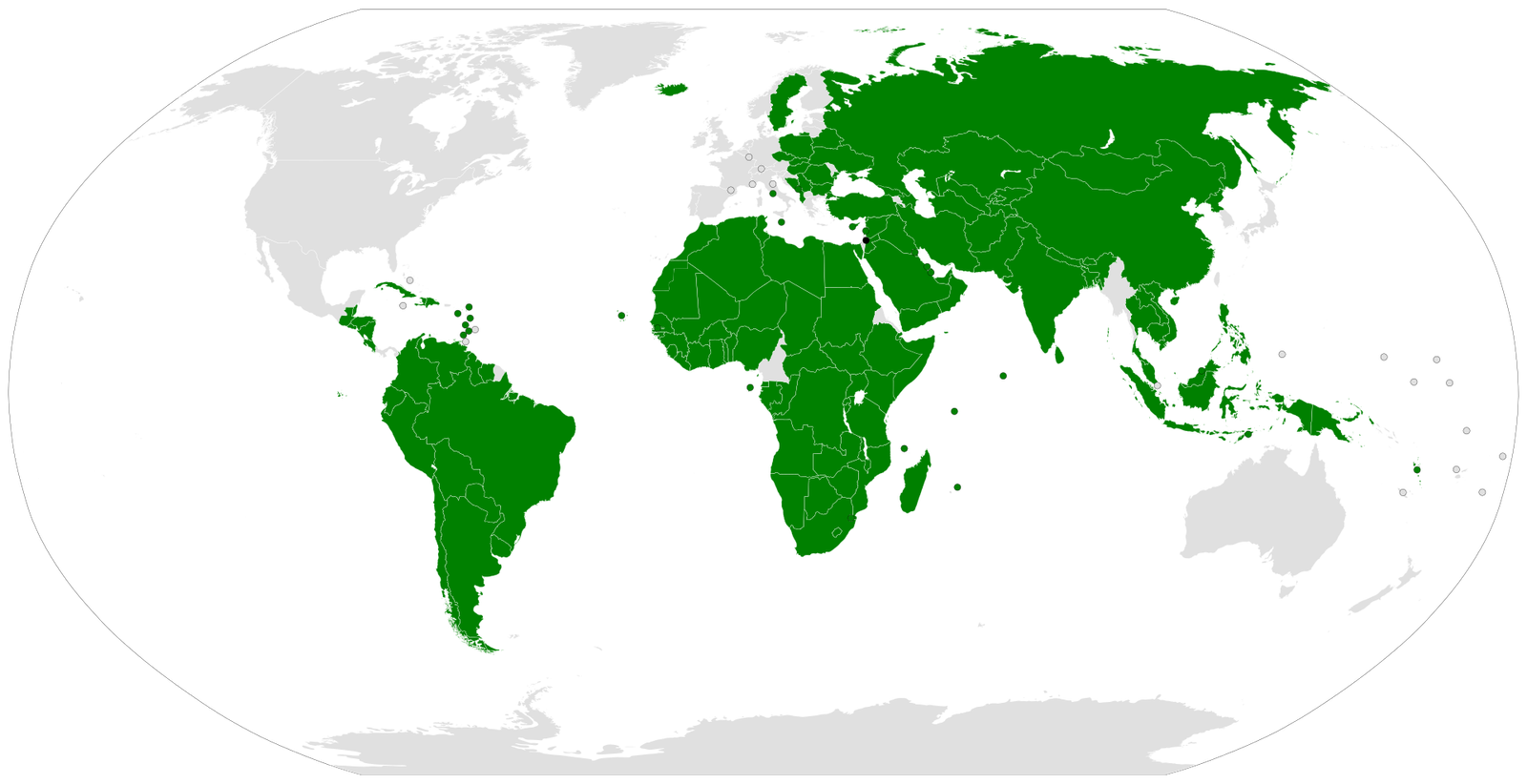Introduction
The year 1988 witnessed a significant event in the history of the Palestinian struggle for statehood – the proclamation of the State of Palestine by the Palestine National Council. This declaration, made on November 15th, aimed to establish a sovereign state for the Palestinian people. Although it did not immediately lead to the creation of an independent state, it served as a pivotal moment in the ongoing pursuit of Palestinian self-determination.
The Historical Background
The Palestinian quest for statehood traces its roots back to the early 20th century when the British Empire controlled the region known as Palestine. The Balfour Declaration of 1917, which expressed support for the establishment of a Jewish homeland in Palestine, set the stage for decades of conflict between the Jewish and Palestinian communities.
Following the end of the British Mandate in 1948, the State of Israel was established, leading to the displacement of hundreds of thousands of Palestinians. This event, known as the Nakba (Catastrophe), further fueled the Palestinian desire for self-determination.
The Proclamation of 1988
In 1988, the Palestine National Council, the legislative body of the Palestinian Liberation Organization (PLO), convened in Algiers. It was during this historic gathering that Yasser Arafat, the Chairman of the PLO, made the proclamation of the State of Palestine.
The declaration was a symbolic act, aimed at asserting the Palestinian people’s right to statehood and their determination to establish an independent nation. It was a significant moment for Palestinians, as it represented a unified voice in their struggle for recognition and sovereignty.
The Impact and Challenges
Despite the symbolic importance of the proclamation, the road to Palestinian statehood remained fraught with challenges. The complex geopolitical realities of the region, including the ongoing Israeli-Palestinian conflict and the involvement of various international actors, hindered the immediate realization of an independent state.
However, the proclamation of the State of Palestine in 1988 had a profound impact on the international stage. It garnered widespread attention and support from many nations, who recognized the Palestinian right to self-determination and statehood. This declaration laid the groundwork for subsequent diplomatic efforts and negotiations aimed at achieving a peaceful resolution to the Israeli-Palestinian conflict.
The Continued Struggle
Since the proclamation of the State of Palestine in 1988, the Palestinian people have continued their struggle for statehood. Numerous peace negotiations, including the Oslo Accords in the 1990s, have aimed to establish a framework for a two-state solution.
However, the road to peace and the creation of an independent Palestinian state remains elusive. The ongoing construction of Israeli settlements in the occupied territories, the division of Palestinian territories, and the lack of consensus among the international community on the way forward have all contributed to the challenges faced by the Palestinian people.
Conclusion
The proclamation of the State of Palestine in 1988 was a significant milestone in the Palestinian struggle for statehood. Though it did not immediately lead to the establishment of an independent nation, it served as a powerful assertion of the Palestinian people’s right to self-determination and their unwavering commitment to achieving statehood.
As the Palestinian people continue their pursuit of statehood, it is essential for the international community to support their aspirations and work towards a just and lasting resolution to the Israeli-Palestinian conflict. Only through a comprehensive and inclusive approach can the dream of a sovereign State of Palestine become a reality.
SEO Excerpt:
The proclamation of the State of Palestine in 1988 marked a pivotal moment in the Palestinian struggle for statehood. Although it did not immediately lead to an independent state, it served as a powerful assertion of the Palestinian people’s right to self-determination. This article explores the historical background, impact, and challenges faced by the Palestinian people in their ongoing pursuit of statehood.

